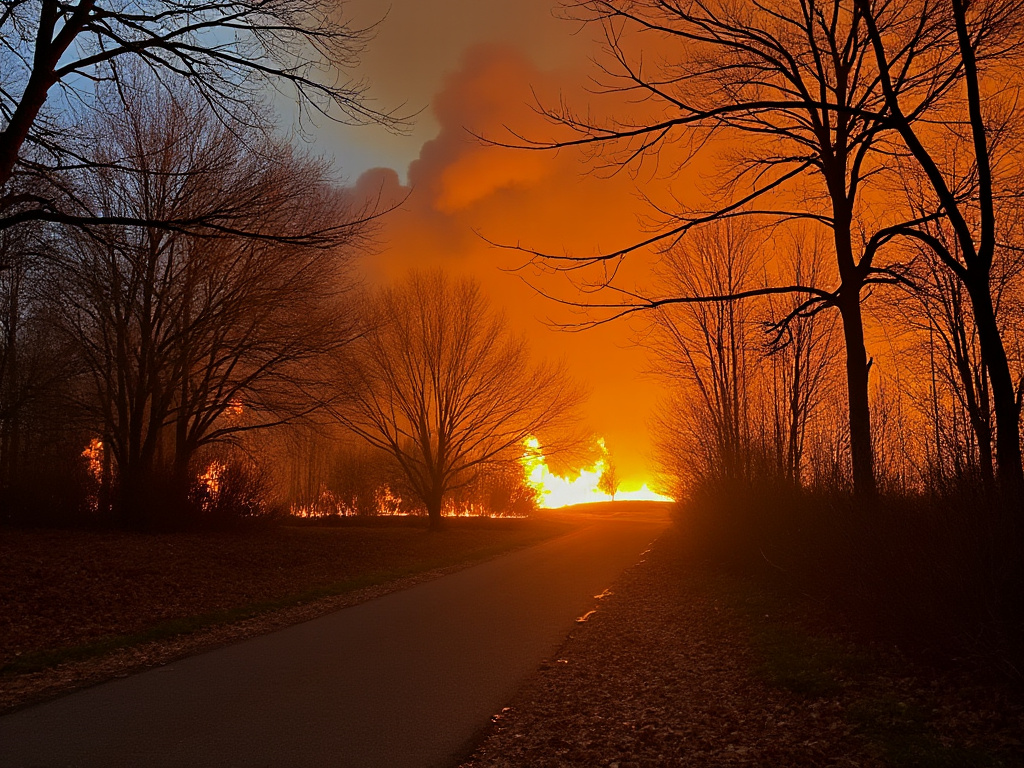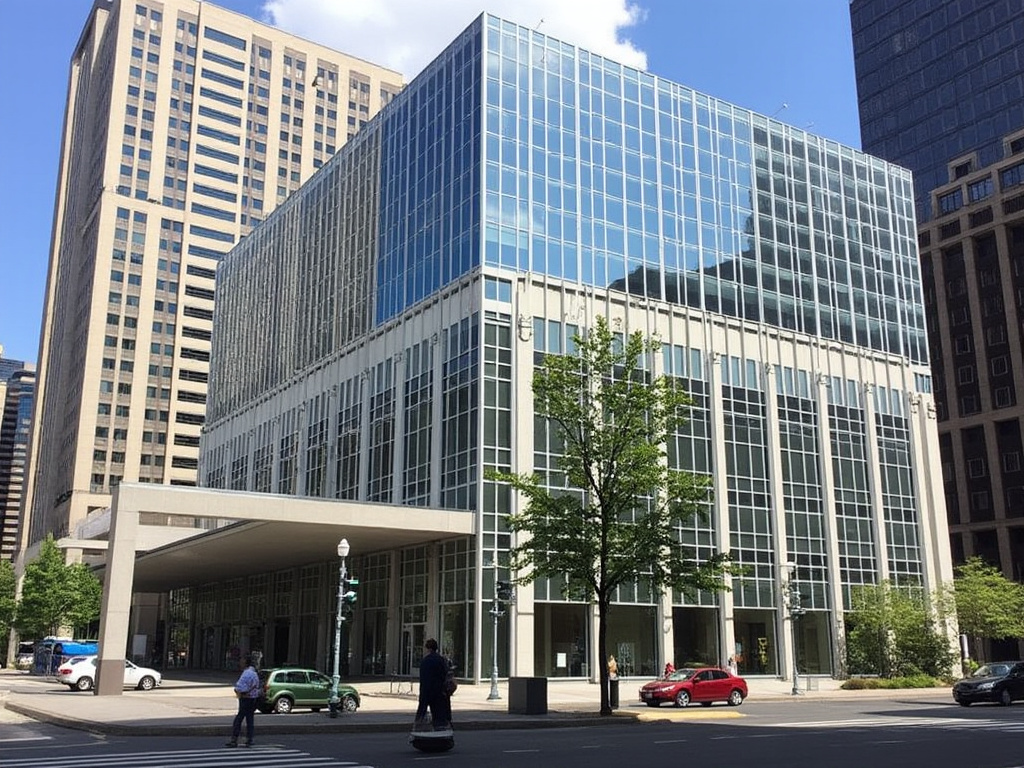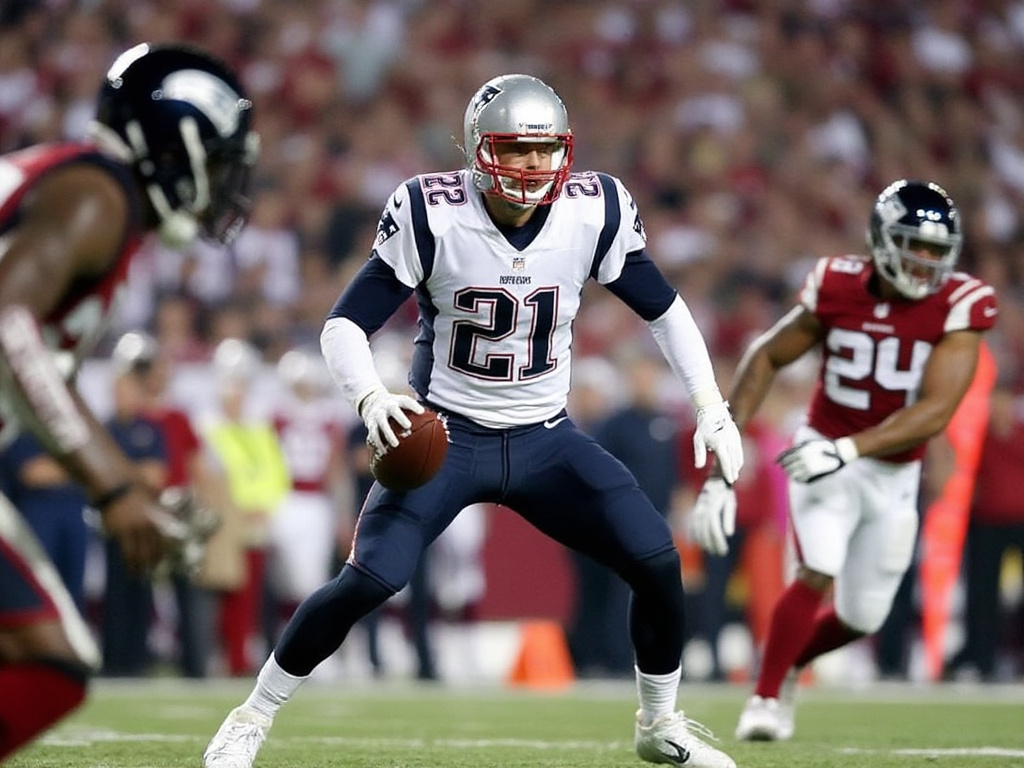The Greater Boston housing market is experiencing a significant slowdown this fall, with real estate experts pointing to a cocktail of election jitters, soaring interest rates, and an increasing trend of sellers cutting prices to attract wary buyers.
Election Uncertainty Casts a Shadow
As the nation edges closer to what many are calling one of the most pivotal elections in recent history, potential homebuyers in the Boston area are holding their breath rather than their wallets. Local real estate agents report a palpable sense of hesitation among clients. “There’s a wait-and-see attitude,” notes a seasoned realtor from the region. “Buyers are concerned about potential policy changes affecting tax rates, housing regulations, or even the broader economic climate.”
Interest Rates Climb, Buyer Enthusiasm Falls
Compounding the election-related stagnation is the issue of rising interest rates. After years of historically low rates, the recent spikes have made mortgages significantly more expensive. According to recent data, the average rate for a 30-year fixed mortgage now hovers around 6.65%, a figure that has cooled what was once a red-hot market. This increase has not only raised monthly payments but has also reduced the borrowing power of prospective buyers, effectively pricing many out of the market or into less expensive options.
Sellers Slash Prices to Entice Buyers
In response to the sluggish market, a trend has emerged where sellers, once holding out for top dollar, are now cutting prices to move properties. This shift is evident in both the luxury and mid-tier segments of the market. “We’ve seen price reductions across the board,” mentions a local real estate analyst. “In some communities, the median sales price has seen noticeable drops, which is a stark contrast to the price surges of previous years.”
Market Analysis and Future Projections
Market analyses indicate that while sales volumes are dipping, the inventory has not skyrocketed due to many would-be sellers also playing the waiting game, hoping for more favorable conditions post-election or when rates might decrease. However, this has led to a peculiar market dynamic where both supply and demand are somewhat frozen.
Economists suggest that if interest rates continue to rise or remain high, and if election outcomes lead to economic policies perceived as unfriendly to homeownership or real estate investment, the market might see a prolonged period of adjustment. Conversely, a resolution in election uncertainties and any subsequent stabilization or reduction in interest rates could reinvigorate the market.
Community Impact
The slowdown isn’t just numbers on a page; it affects local economies, from real estate agents to home improvement stores. Communities known for their high property values are seeing a rare buyer’s market, but with fewer transactions, the ripple effects are felt across related industries.
In conclusion, while Boston’s real estate market has weathered various storms over the decades, the current blend of high interest rates and election-year anxiety presents a unique challenge. Whether this trend will reverse post-election or with economic adjustments remains the critical question for many in the Greater Boston area, waiting for signs to either list their home or sign on the dotted line.



